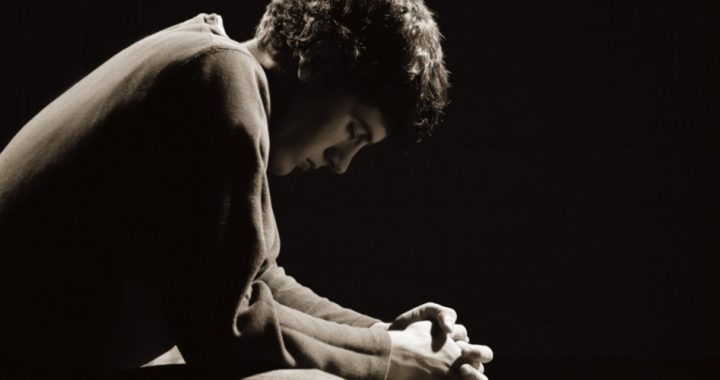
President Trump is in agreement with his predecessor on at least one issue: both designated the same countries as the world’s top religious persecutors. In a January 4 announcement, the Trump administration’s State Department followed recommendations made by the U.S. Commission on International Religious Freedom (USCIRF) in its annual report, designating Burma, China, Eritrea, Iran, North Korea, Sudan, Saudi Arabia, Tajikistan, Turkmenistan, and Uzbekistan as as Countries of Particular Concern (CPC) — meaning they bear the closest scrutiny for their past records of religious persecution. The list mirrors the nations named by the Obama administration in April 2016 — also at the urging of the USCIRF, a bipartisan committee that monitors religious liberty around the world.
In a press release, the USCIRF stated that its members had hoped the administration would take its recommendation to add a half dozen more nations to the “concern” list. “Although USCIRF agrees with the 10 countries on the State Department’s list, it does not go far enough,” said USCIRF Chairman Daniel Mark. “Secretary Tillerson should have also designated the Central African Republic, Nigeria, Pakistan, Russia, Syria, and Vietnam.”
Additionally, for the first time the State Department announced its “Special Watch List,” a new category created with passage of the International Religious Freedom Act of 2016. The designation is reserved for countries that either engage in or tolerate severe violations of religious freedom — while not necessarily rising to the notoriety of the “Countries of Particular Concern.” This year the State Department listed Pakistan as the sole nation to be added to the “Special Watch List.”
The USCIRF had hoped that the State Department would have added Pakistan to the CPC list. “Pakistan continues to harass its religious minorities, has state-sanctioned discrimination against groups such as the Ahmadis, and tolerates extra-judicial violence in the guise of opposing blasphemy,” said Mark. “As USCIRF has said for many years, Pakistan should be designated by the State Department as a CPC. Given the strong stance that President Trump has taken on Pakistan recently, the failure to designate Pakistan as a CPC this year comes as a surprise and disappointment.”
In the U.S. Congress, Representative Chris Smith (R-N.J), a particularly vocal champion of religious freedom, released a statement expressing his disappointment that the State Department had not added Vietnam to the CPC list, where it had held a perennial spot until being removed for no apparent reason a decade ago. Smith called Vietnam “a place where a prioritization of religious freedom could produce results as it did in the past when the Bush Administration designated Vietnam as a CPC [from 2004 to 2006].” “The Communist Party of Vietnam has reached out to the Administration, seeking economic and security incentives. The Administration should condition assistance on improvements in religious freedom and related human rights in Vietnam,” Smith said.



